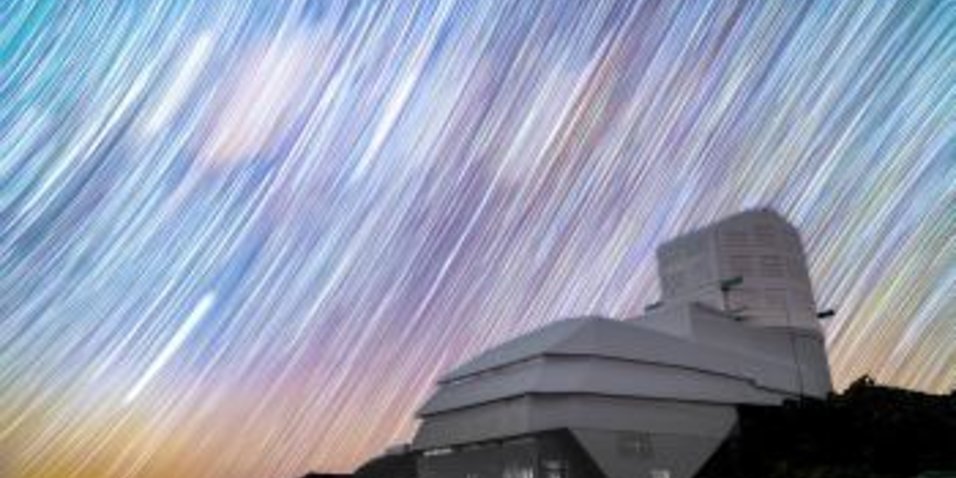
Main content start
Phil Marshall
Senior Scientist, SLAC National Accelerator Laboratory
Research Projects

NSF-DOE Vera C. Rubin Observatory's Legacy Survey of Space and Time
The Legacy Survey of Space and Time (LSST) is a planned 10-year survey of the southern sky that will take place at the NSF-DOE Vera C. Rubin Observatory, located on the El Peñon peak of Cerro Pachón in northern Chile.Research Highlights

The bold bet that built a telescope
Two decades ago, Stanford & SLAC took a gamble on an unproven telescope design with no funding, no home, and no official backing. Now, with first images in hand, it's paying off!

Latest measure of cosmic expansion hints that Universe is growing faster than expected
The universe is full of mysteries that are worthy of a few words of awe and joy.
Contact
(650) 926-4682
Mail Code
29
